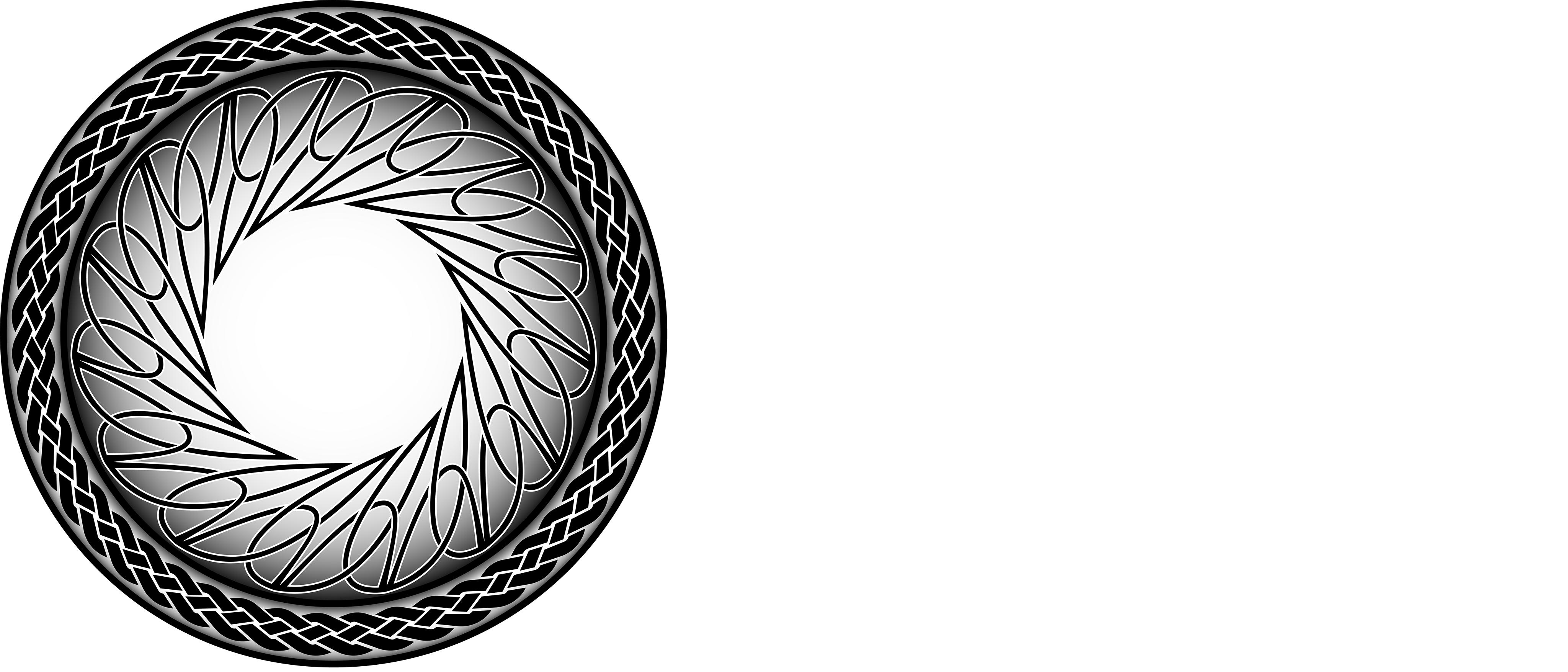The piece to the left is a creative memoir about the story I mentioned in my introduction. This story is incredibly important to me, as it is my first memory of live theatre and it is the moment my grandmother and I fell out of touch.
It was hard for me to write since I wanted to avoid any sort of bitterness. Writing about events such as the moment when you and a family member lose touch is hard; it ends up sounding like you are vilifying that person. This was the first narrative I had to navigate my emotions as well as how I wanted the reader to interpret my words. This was a concern I had never had to think about before. It taught me to place myself in the present, and narrate my emotions at the time of the event.
In order to be the writer I aspired to be, I had to re-live those emotions, I also had to keep perspective as the person I am today. This proved to be my most challenging piece to write in college due to the importance it has in my life and the problems it presents when telling it. Up until this point in my education, my writing was analytical and passive making this piece challenging all around.
Writing a piece focused on memory helped me grow, as a person and a writer because it made me aware of how we tell stories and how those stories can be heard.
The paper on the right was also a challenge; however, for the absolute opposite reason. My passion and my love for writing comes from books. I have never read a book and thought "gee, that was good" and set it down. Since I was little I would read a story and then take it apart. Of course, it was never formal analysis, it was just what I did with every book I touched. This is why I became an English major, to read and write about the stories I feel most passionately about; however, as it is in college you are required to take classes outside your major. I had the unfortunate pleasure to be enrolled in a science class, which ended up making me a better writer.
At this point in my career, I had written play adaptations, analyzed adaptations, analyzed novels, written memoir, written linguistic experimental write-ups, as well as newspaper articles. I had no idea how to write a scientific advocacy paper.
The guidelines were simple, pick an environmental cause and argue one of the sides of the argument. The kicker? I was to use little to no quotations. I have never written a paper where I don't flood my prose with evidentiary quotes.
This paper taught me to analyze how I argue, how I articulate ideas, and how to use information without citing everything I say.
